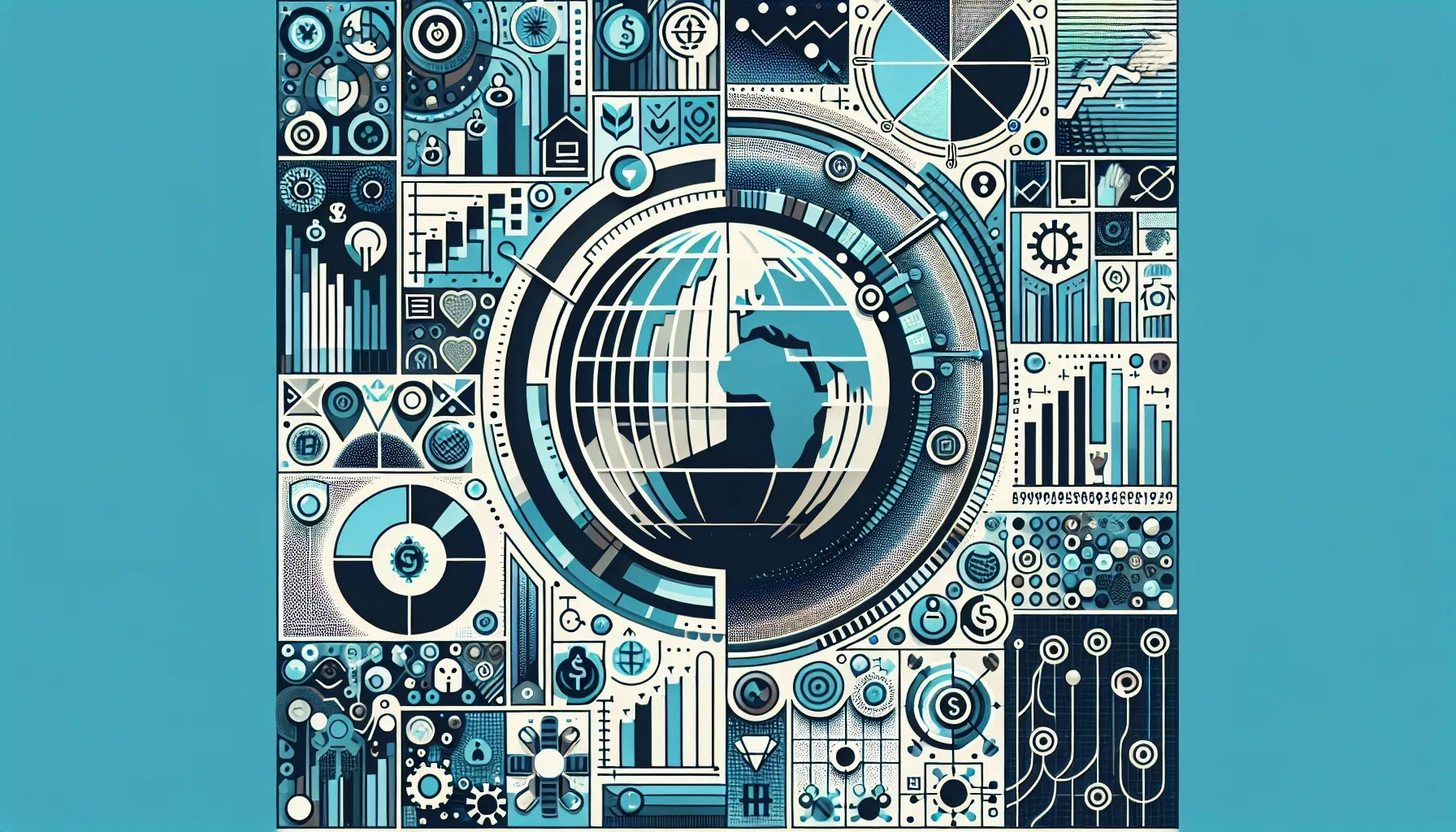Diving into Developmental Economics
Economist Zone

Welcome to our deep dive into the fascinating world of developmental economics. This field of study, often overlooked, holds the keys to understanding how economies evolve, grow, and adapt. Our journey will take us through the fundamental concepts, the critical theories, and the real-world applications of developmental economics. We'll explore how this discipline shapes policies and influences global economic trends. So, buckle up and get ready for an enlightening exploration of developmental economics.
The Foundation of Developmental Economics
Developmental economics, at its core, seeks to understand the economic phenomena that drive the development and growth of economies. It focuses on improving living conditions, particularly in developing countries. The field emerged in the post-World War II era, when many countries sought to rebuild their economies and improve living standards.
Economists in this field study a wide range of topics. These include economic growth, income distribution, human resources, and international economics. They use these studies to formulate policies aimed at promoting economic development.
The foundation of developmental economics lies in its focus on the long-term. Unlike other fields of economics, it does not focus solely on short-term gains. Instead, it seeks to understand and promote sustainable economic growth. This focus on the long-term makes developmental economics a critical tool for policy-makers worldwide.
Key Theories in Developmental Economics
Several theories underpin developmental economics. One of the most influential is the dual-sector model. This theory, proposed by Sir W. Arthur Lewis, suggests that an economy consists of two sectors: a traditional, low-productivity sector, and a modern, high-productivity sector. Economic development, according to Lewis, involves transferring resources from the traditional sector to the modern sector.
Another key theory is the dependency theory. This theory posits that economic activities in richer countries often lead to serious economic problems in poorer countries. Dependency theorists argue that developing countries need to chart their own path to economic development, independent of external influences.
Theories in developmental economics often provoke intense debate. However, they all share a common goal: to understand how economies develop and how to accelerate this process.
The Role of Institutions in Developmental Economics
Institutions play a crucial role in developmental economics. They set the rules of the game, influencing how individuals and businesses interact. Good institutions, according to many developmental economists, are key to promoting economic development.
Institutions can take many forms. They can be formal, like laws and regulations, or informal, like social norms and cultural practices. Regardless of their form, institutions shape economic behavior. They can promote or hinder economic development, depending on their quality.
The role of institutions in developmental economics is a topic of ongoing research. However, there is broad agreement that good institutions are essential for economic development. They provide the stability and predictability that businesses need to invest and grow.
Developmental Economics in Practice
Developmental economics is not just a theoretical field. It has practical applications that can have a profound impact on people's lives. For example, developmental economists often advise governments on policies to promote economic development. They may recommend policies to attract foreign investment, improve education, or build infrastructure.
Developmental economics also plays a role in international aid. Many international organizations, like the World Bank and the International Monetary Fund, use developmental economics to guide their aid programs. They aim to promote economic development in poor countries, helping them to improve living standards and reduce poverty.
The practical applications of developmental economics are vast and varied. However, they all share a common goal: to use economic theory to improve people's lives.
The Future of Developmental Economics
The field of developmental economics is constantly evolving. New theories and ideas emerge regularly, challenging old assumptions and opening up new avenues of research. This constant evolution makes developmental economics a vibrant and exciting field of study.
One area of future research is the role of technology in economic development. As technology continues to advance at a rapid pace, it is likely to have a profound impact on economic development. Understanding this impact will be a key challenge for developmental economists in the future.
Another area of future research is the impact of climate change on economic development. As the effects of climate change become increasingly apparent, they are likely to have a significant impact on economic development. Understanding this impact, and how to mitigate it, will be a critical task for developmental economists.
Conclusion: The Importance of Developmental Economics
Developmental economics is a critical field of study. It helps us understand how economies develop and how to promote economic development. It has practical applications that can improve people's lives, from advising governments on economic policy to guiding international aid programs.
The field of developmental economics is constantly evolving, with new theories and ideas emerging regularly. This constant evolution makes it a vibrant and exciting field of study. Whether you're an economist, a policy-maker, or just a curious observer, there's always something new to learn in developmental economics.
Diving Deeper into Developmental Economics
As we conclude our exploration of developmental economics, it's clear that this field holds the keys to understanding economic development. Its theories and concepts provide valuable insights into how economies grow and evolve. Its practical applications have the potential to improve lives and shape the world. So, whether you're a seasoned economist or a curious novice, diving deeper into developmental economics is sure to be a rewarding journey.